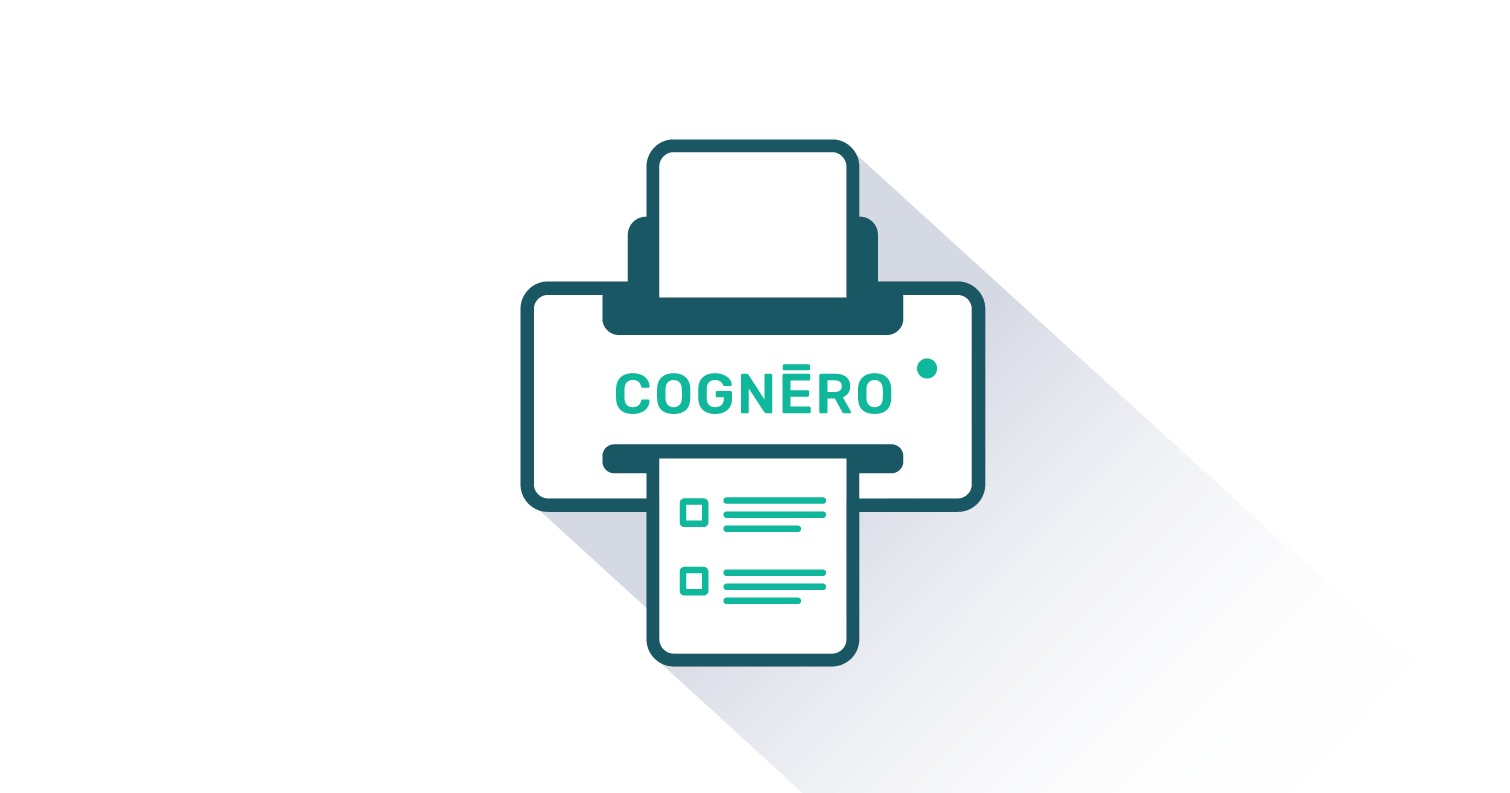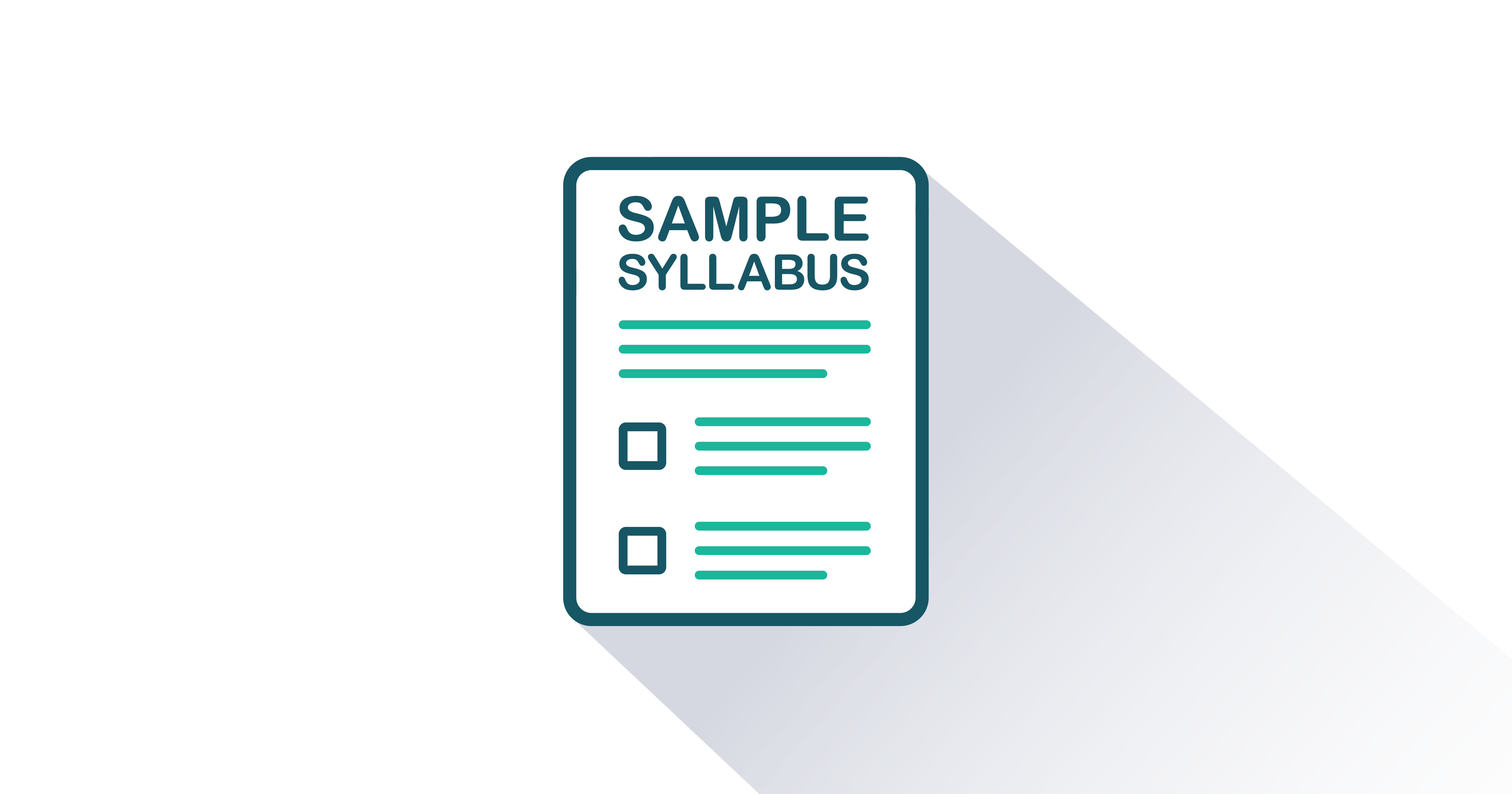Steven E. Barkan University of Maine
Steven E. Barkan (PhD State University of New York at Stony Brook) is Professor Emeritus of Sociology at the University of Maine. He is the author of four FlatWorld titles (Sociology: Understanding and Changing the Social World comprehensive and brief versions, Fundamentals of Criminal Justice, and Social Problems). Steve has also authored more than 35 journal articles and book chapters in publications such as the American Sociological Review; Journal for the Scientific Study of Religion; Journal of Research in Crime and Delinquency; Justice Quarterly; Mobilization; Review of Religious Research; Social Forces; Social Problems; Social Science Quarterly; and Sociological Forum. Steve is past president of the Society for the Study of Social Problems; served on the council of Alpha Kappa Delta, the international sociology honor society; and is past president of the Textbook and Academic Authors Association (TAA). Steve also received an Outstanding Faculty Award from the College of Liberal Arts and Sciences at the University of Maine and, from TAA, two Textbook Excellence Awards, the President’s Award, the Pynn-Silverman Award for Lifetime Achievement, and induction into its Council of Fellows. Steve sincerely hopes that faculty and students enjoy reading his books in the formats of their choice and welcomes comments at barkan@maine.edu.








